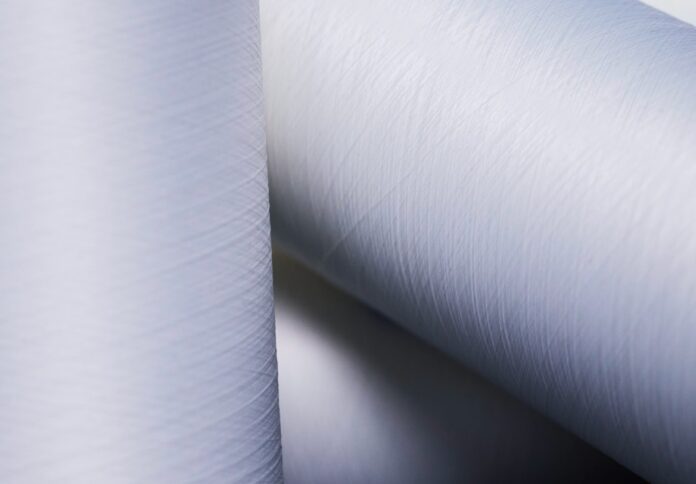
Samsara Eco, a leader in environmental technology, has partnered with NILIT, a global frontrunner in nylon 6,6 production for apparel, to develop the world’s first textile-to-textile recycling facility for nylon 6,6.
The new site, slated for construction in South East Asia and expected to begin operations by late 2026, aims to revolutionise the recycling of this widely used but challenging material, as revealed in a media release.
Data reported unveiled that approximately 4 million tonnes of nylon 6,6 are produced each year, primarily for performance apparel and fashion.
However, recycling this material is particularly challenging, especially when combined with fibres like spandex.
To address these issues, Samsara Eco and NILIT have partnered to develop solutions aimed at overcoming the difficulties in recycling nylon 6,6.
“Our vision is to deliver climate repair through infinite recycling,” said Paul Riley, CEO and founder of Samsara Eco.
“Creating the first circular pathway for nylon 6,6 is a crucial step. Discarded nylon 6,6 items, like activewear or car interiors, often end up in landfills or are incinerated, contributing to significant environmental harm.”
The facility will employ cutting-edge technology to recycle textile waste into high-quality recycled nylon 6,6 polymers.
This will enable textile brands and manufacturers to integrate recycled materials into their supply chains, promoting a sustainable and circular approach to fabric production.
Sarah Cook, chief commercial and operations officer at Samsara Eco, added, “By working with NILIT, we can reverse this trend and give apparel a new life.”
“The MoU agreement is an important step to help brands and the world advance nylon 6,6 circularity and reduce plastic waste. We’re proud to be exploring a pilot recycling facility with NILIT, setting a precedent of what’s possible for future partners globally.”
Meanwhile, Ilan Melamed, general manager of NILIT, emphasised the strategic importance of the collaboration: “NILIT’s partnership with Samsara Eco is a critical step in our multi-pronged strategy to provide the apparel market with premium nylon 6,6 products that have lower environmental impact.”
The EosEco technology, developed by Samsara Eco, will play a key role in this initiative.
EosEco utilises a combination of biophysics, chemistry, biology, and artificial intelligence to create plastic-eating enzymes.
These enzymes break down nylon 6,6 textiles into raw materials, which are then reintegrated into the manufacturing process, achieving a closed loop.
The technology can handle a variety of feedstock inputs, including colored and blended textiles, and will work in tandem with NILIT’s polymerization and spinning technologies to produce high-quality recycled nylon 6,6 yarn.




















